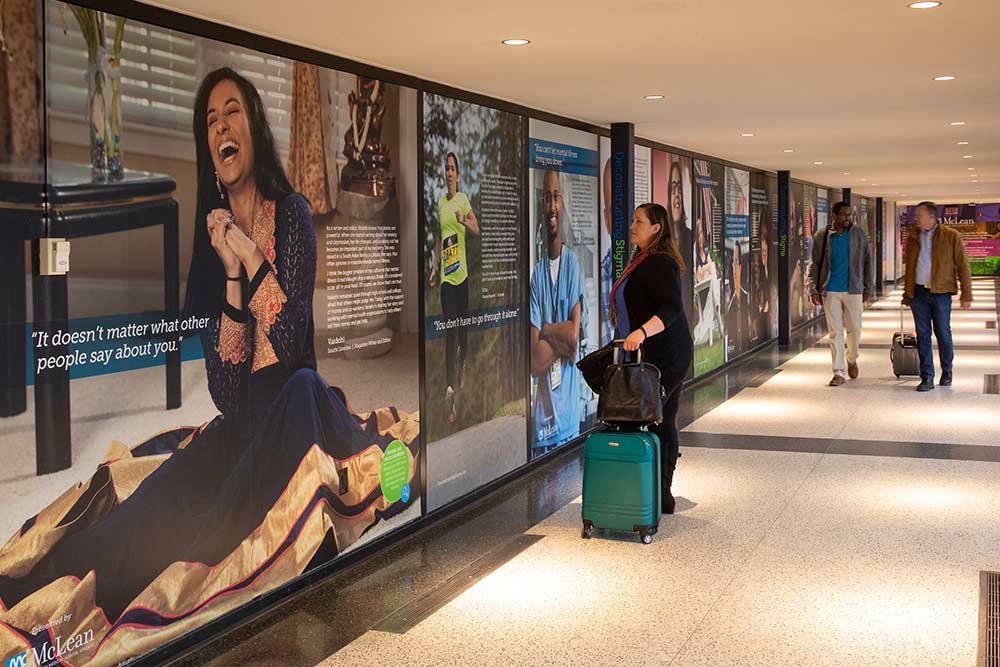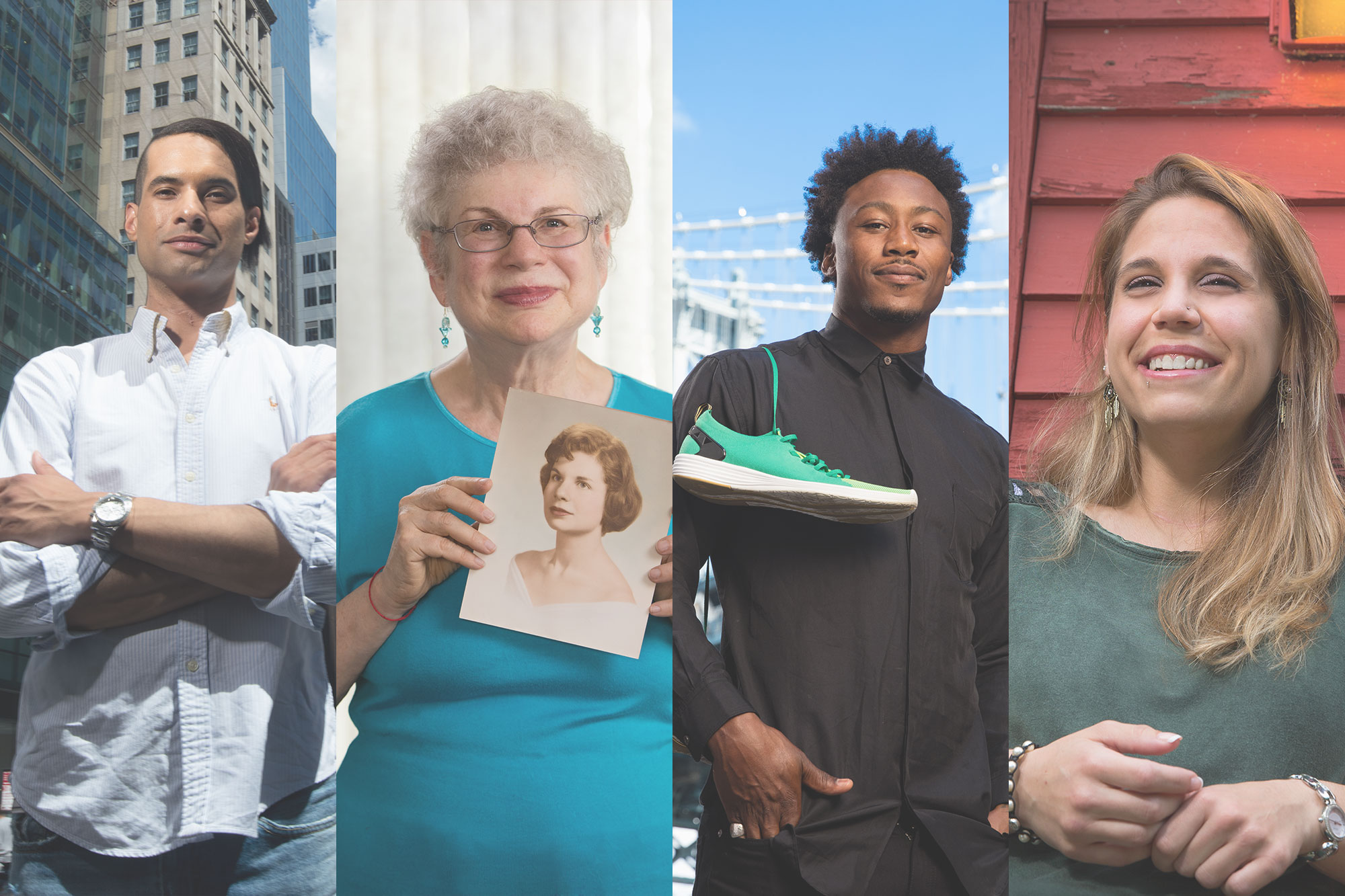I keep moving
Cali, a doctor of clinical psychology, is the founder of an addictions coaching service that caters to executives and celebrities. In her long-term recovery from eating concerns and substance misuse, Cali brings her personal experience to helping clients.
When I was growing up, I was overweight. My father would call me fat, stupid, and lazy. My mother was always a size three, and her mother was a model. My sister was very thin, and she was a cheerleader.
At home, Cali internalized her family’s expectations of how she should look. At school, she faced bullying.
Cali numbed her feelings by bingeing. She would eat so much food in one sitting that she would throw up involuntarily.
By the time she was in college, she searched for ways to lose weight. She hit the gym and pushed herself to work out, even though the effort exhausted her.
Eventually, I ran into someone who said, ‘You don’t really need to work that hard. Here, try this.’
That’s how it started. I took the diet pills they offered, and thought, ‘Oh my God, I have energy.’ I could get on the stepper and do 10 minutes instead of one. I realized I could eat a whole pizza and a pint of Ben and Jerry’s and gain no weight.
I thought, ‘This is amazing.’ The more I wanted to eat like that, the more pills I took. Eventually, that turned into, ‘What else can I do? How much of this can I have?’
Cali progressed from over-the-counter diet pills to street amphetamines. She dropped down to 95 pounds.
At the time, I looked in the mirror and thought I looked great. Now, I look back at photos from that time and think, ‘Why didn’t anyone intervene?’ I looked awful.
Along with dangerous weight loss, taking amphetamines caused other health concerns for Cali. When she was 22, she went to the emergency department twice in a six-month period for chest pain. Tests revealed the lining of her heart was damaged.
On the first visit, a doctor asked Cali if she was using uppers, but Cali denied it. On her second trip to the ER, the doctor was more direct.
He showed me pictures of my heart and said, ‘You’re gonna be dead in six months if you keep doing this.’
The wake-up call motivated Cali to recover. She attended support groups. She tried therapy. But at the time, a diagnosis didn’t exist for binge eating disorder.
I told clinicians that I eat to the point where I throw up, but I don’t stick my finger down my throat. I was told there was nothing wrong with me because back then, the diagnosis was either anorexia or bulimia. Now, we know there’s a lot more to it.
Fortunately, Cali soon found help from a yoga instructor who was in recovery and recognized what Cali was going through. He talked to Cali about mindset, body positivity, and steps she could take to heal.
I had a lot of trauma as a child; my father was very violent. On the yoga mat, you get rid of all of that. Anything in your head, anything negative, you learn to breathe through it and let it go, because you hold it in your body.
After breathing through anger and depression, Cali would leave yoga class feeling exhausted, but euphoric.
I would look in the mirror, and I wouldn’t see that fat girl anymore. Instead, I would look in the mirror and say to myself, ‘Wow, you just did a yoga class.’ It was a stepping stone.
Cali has been in recovery for the past 27 years. In addition to yoga, she finds Pilates and meditation extremely helpful practices. She surrounds herself with supportive people, many of whom have also experienced addiction, and understand her experience.
Above all, her mindset helps her cope.
One of the biggest things I hear from people is that life is boring when they’re sober because they have nothing to look forward to. They get up, they go to work, they come home, and then on the weekend they drink or party.
So I tell them, ‘Find something you want to do. Book a picnic or book a trip and start looking forward to it.’ That’s what I do. I keep traveling, I keep moving. I keep myself busy in that regard—I’m always looking forward to something.

